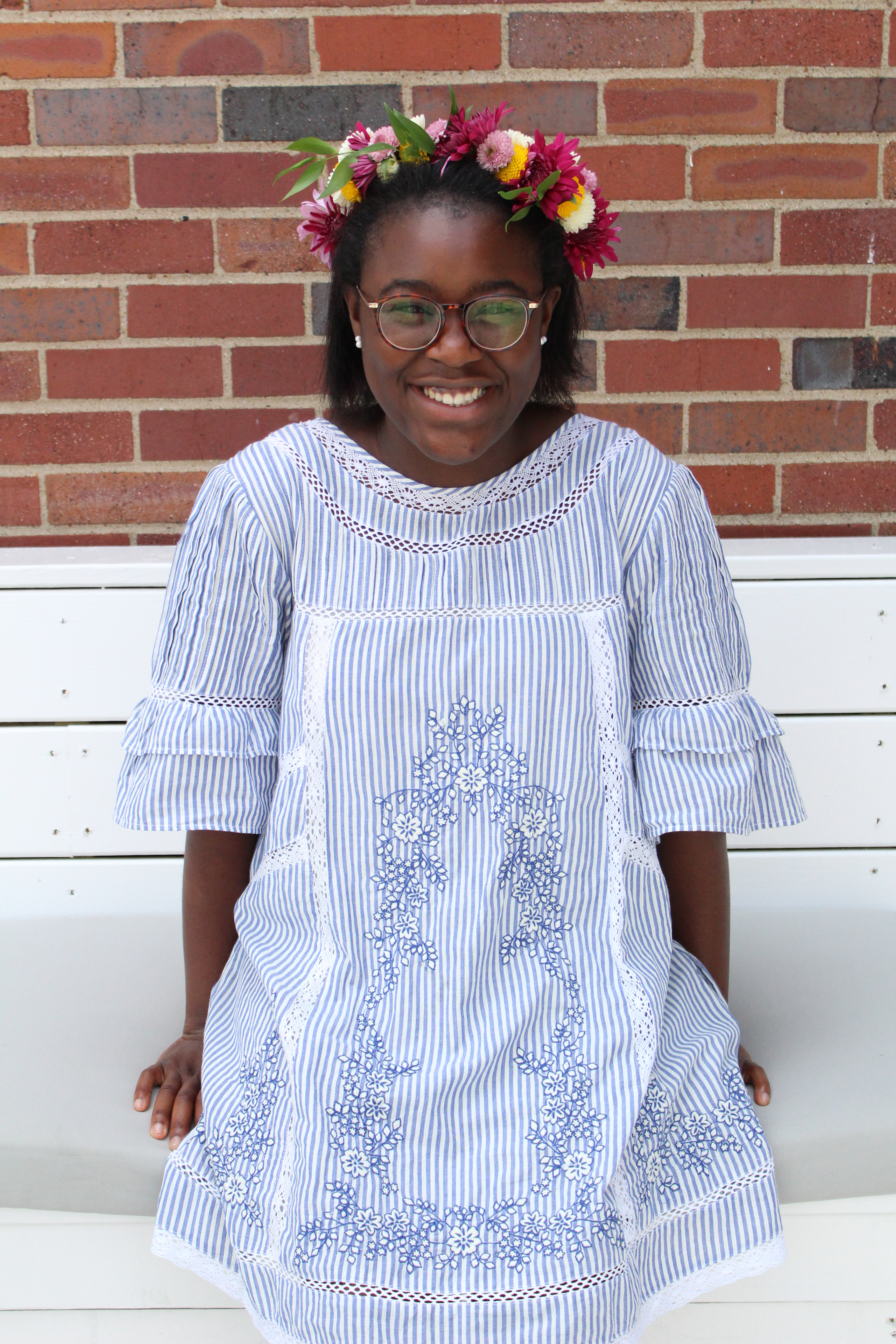Topic Tuesday: Recovery
 “When You Don’t Feel ‘Sick Enough’” (By: Mimi Cole)
“When You Don’t Feel ‘Sick Enough’” (By: Mimi Cole)
I’ve heard it before and felt it all too often: “I don’t feel sick enough to recover.” “I’m not thin enough to recover.” “I don’t look like I have an eating disorder.” Ramblings circling on rotation throughout my mind. “But when will I ever be enough to recover?” “Am I playing to win a game of comparisons that can never truly be won?” Often times, I think that we want our stories to be of an eating disorder that was worse than other people’s because eating disorders want us to hold onto the comparison of others, and that feeling of worthiness that we have attached to our bodies for oh so long. Eating disorders want us to stay stuck in them by never letting us believe that we are worthy of recovery, and therefore keeping us tied into them. It is a beautiful place to get to the lowly moment of wanting to stop fueling your eating disorder, and instead, choosing recovery and accepting your body just as it is.
As I thought of writing this, I was thinking about what feeling “not sick enough to recover” really means. I think what is really being said is, “I don’t feel ready to let go of the disorder that keeps me looking a certain way.” Recovery is counter-cultural; we are surrounded by disordered comments on the food that we eat and the size of our bodies, and a life of recovery means constantly being in opposition to those cultural lies that scream oh so loudly.
When you don’t feel sick or thin enough to recover or when you begin to doubt if you ever even had a disorder in the first place because of how far you’ve come, remember these things:
- You are not alone in that feeling; reach out to others for affirmation because I promise you that you are not the only one.
- Remember that intuitive eating is the goal, and any dissent from that is not being able to fully experience life, which is precious and worth experiencing in the fullest.
- You are worthy and I think that God has so much more for you than disordered eating of any amount or kind; He created good things like foods for you to taste and take delight in; He loved you so much and wants your days to be abundant and full. There is oh so much more than this!
- Thinness is also a spectrum. Everyone has different body sizes and shapes, and sickness is not determined by another person’s weight, but what is best for your body. Just because you aren’t or maybe never were as thin as the person next to you, doesn’t mean that you aren’t worthy of receiving help, because you are. Besides, eating disorders are a mental illness, not just one of the body.
- Your feelings are valid simply because they are yours; emotions are functional in that they serve a purpose. Learning to be okay with listening to them and honoring them is a precious tool in caring for our bodies and ourselves.
- Treatment levels aren’t necessarily a measure of how much you have suffered from your eating disorder or disordered eating; it is helpful to think of them as levels of support. The time it takes to recover could be quick or slow, and that is okay: your story is your own, unique and precious, and does not need to be compared to others. I believe wholeheartedly that this story of yours will be beautiful and precious, that you are going to give oh so much hope to others with it, and most of all, that you are never, ever alone.
Perhaps we’ll never know how much we have suffered and how valid our struggles were until full recovery when we see what real freedom looks like. I think that maybe in those days, we will truly be able to look back clearly and see not only where we were in our journeys, but how worth it recovery was because of its fullness. Maybe then we will realize and feel truly affirmed that we never had to be sick enough for others to notice us, because we will be seen fully then, and fully able to engage and know that it was worth it no matter where we were on the spectrum before. May hope bring us ever nearer to that day that we can look back with joy in the stories that have been made in recovering and becoming a little (a whole lot!) more like our full selves.
About the Author
Mimi is a rising junior at Vanderbilt University double majoring in Medicine, Health, and Society and Child Development, and minoring in special education. She loves Jesus, sweet potatoes, caramel, and is passionate about people and their stories.


Comments are closed.